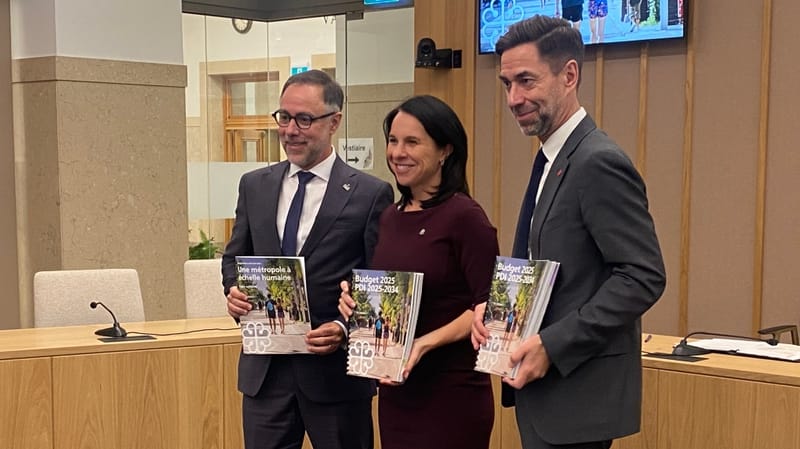Quebec's largest nurses' union adopts new collective agreement
The deal puts an end to 2 years of negotiations with the province

Members of Quebec’s largest nurses' union have voted slightly over 66% in favor of adopting a conciliator's recommendations, following their earlier rejection of a proposed agreement in principle.
The Fédération interprofessionnelle de la santé du Québec (FIQ), representing approximately 80,000 healthcare workers, including nurses, practical nurses, respiratory therapists, and clinical perfusionists, has been negotiating since their collective agreement expired in March 2023.
FIQ President Julie Bouchard acknowledged that while the conciliator's recommendations do not resolve all the union’s concerns, the union will work to implement the new contract as swiftly as possible.
Key issues throughout the negotiations included staff retention and the mobility of nurses between facilities to address staffing shortages. The new agreement ensures that workers cannot be required to travel more than 40 kilometers when transferred between healthcare settings.
The agreement also provides salary increases totaling 17.4% over four years, covering the period from April 2023 to April 2027.
Jennie Rhee, president of the local union for nursing and cardio-respiratory professionals at the McGill University Health Centre (MUHC), expressed mixed feelings about the agreement. She noted that while members are relieved by the improved mobility clause, many remain dissatisfied with the wage increases.
“We are not 100 per cent happy,” Rhee said. The agreement narrowly passed at the MUHC, with just 56.2% of members voting in favor. She emphasized the specialized nature of nursing, comparing it to medical specialties: “A gynecologist is not going to work in an eye clinic, and it’s the same for nurses.”
In response, Treasury Board President Sonia LeBel stated that the new agreement aims to improve flexibility, ensuring nurses are available to provide care during nights, weekends, and holidays. She also expressed hope that the agreement would attract private-sector workers to join the public healthcare system.
The new collective agreement will remain in effect until 2028.





